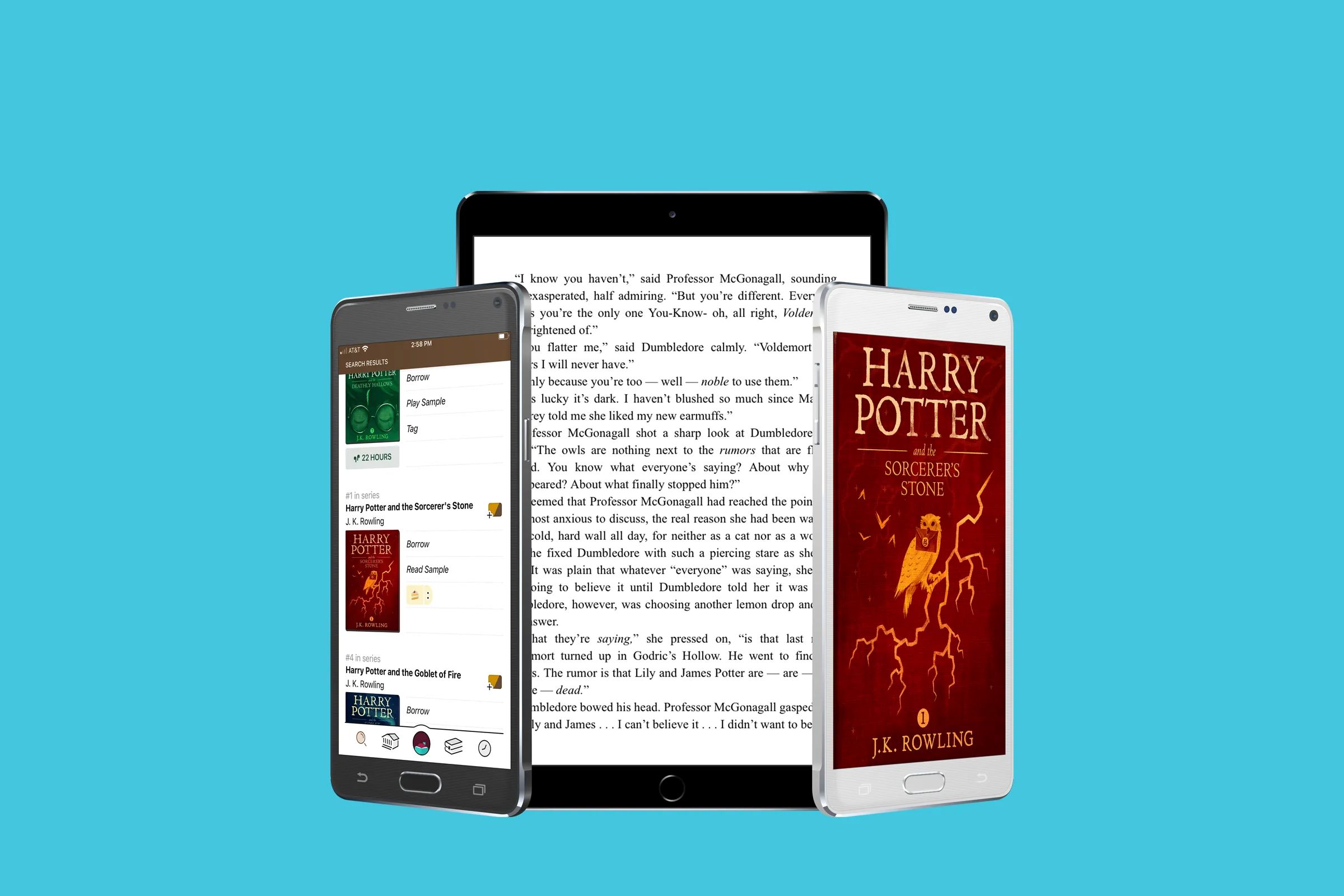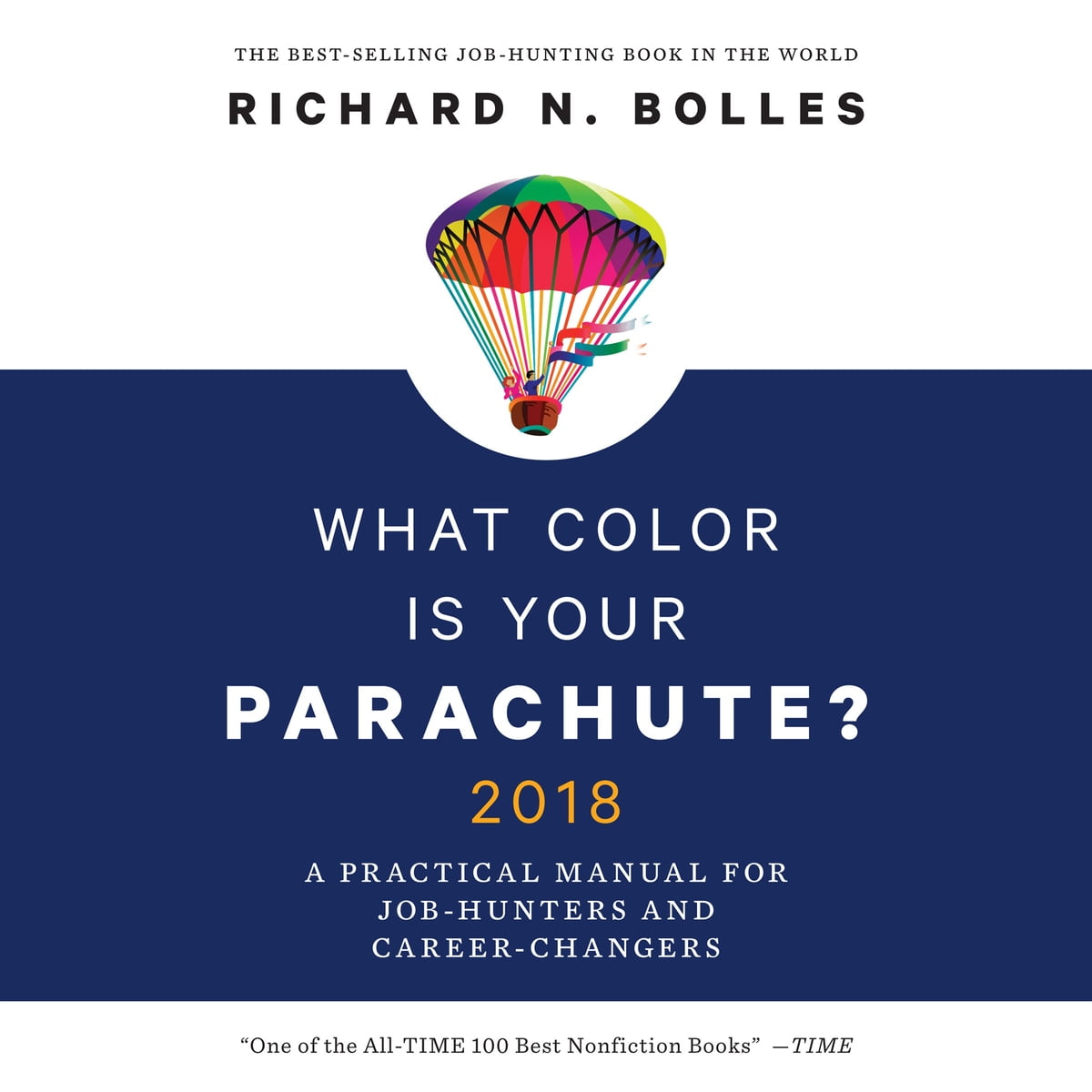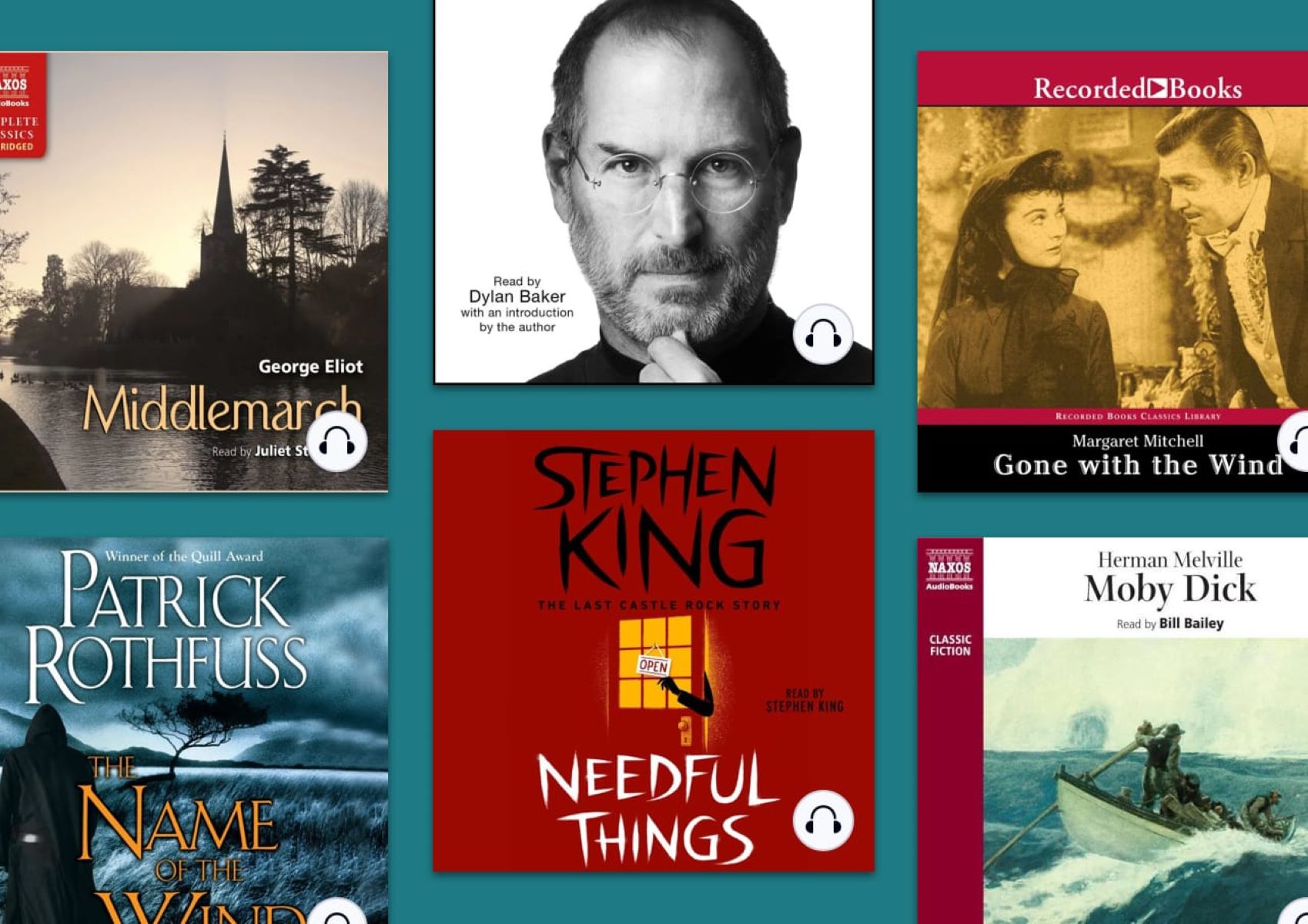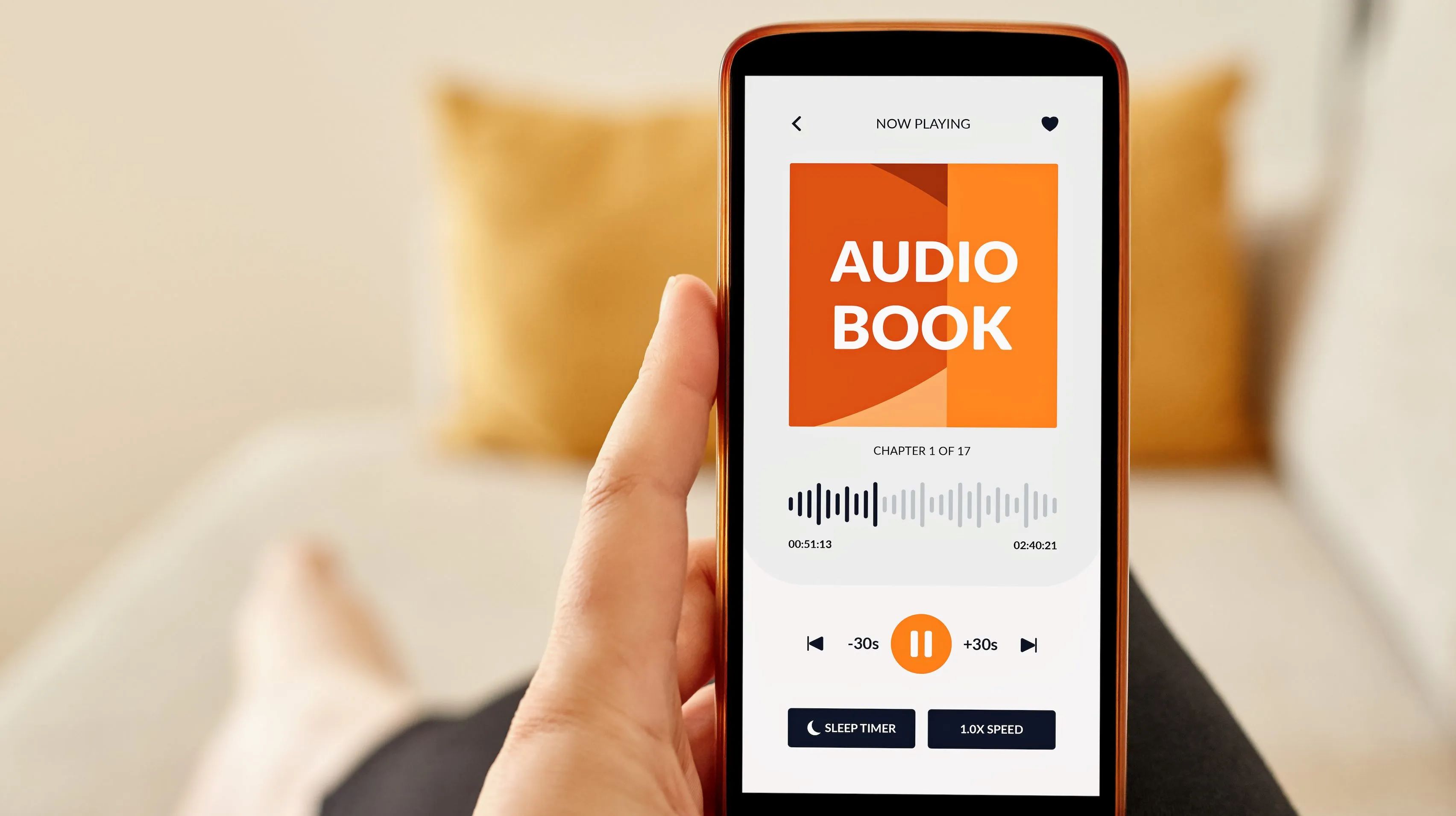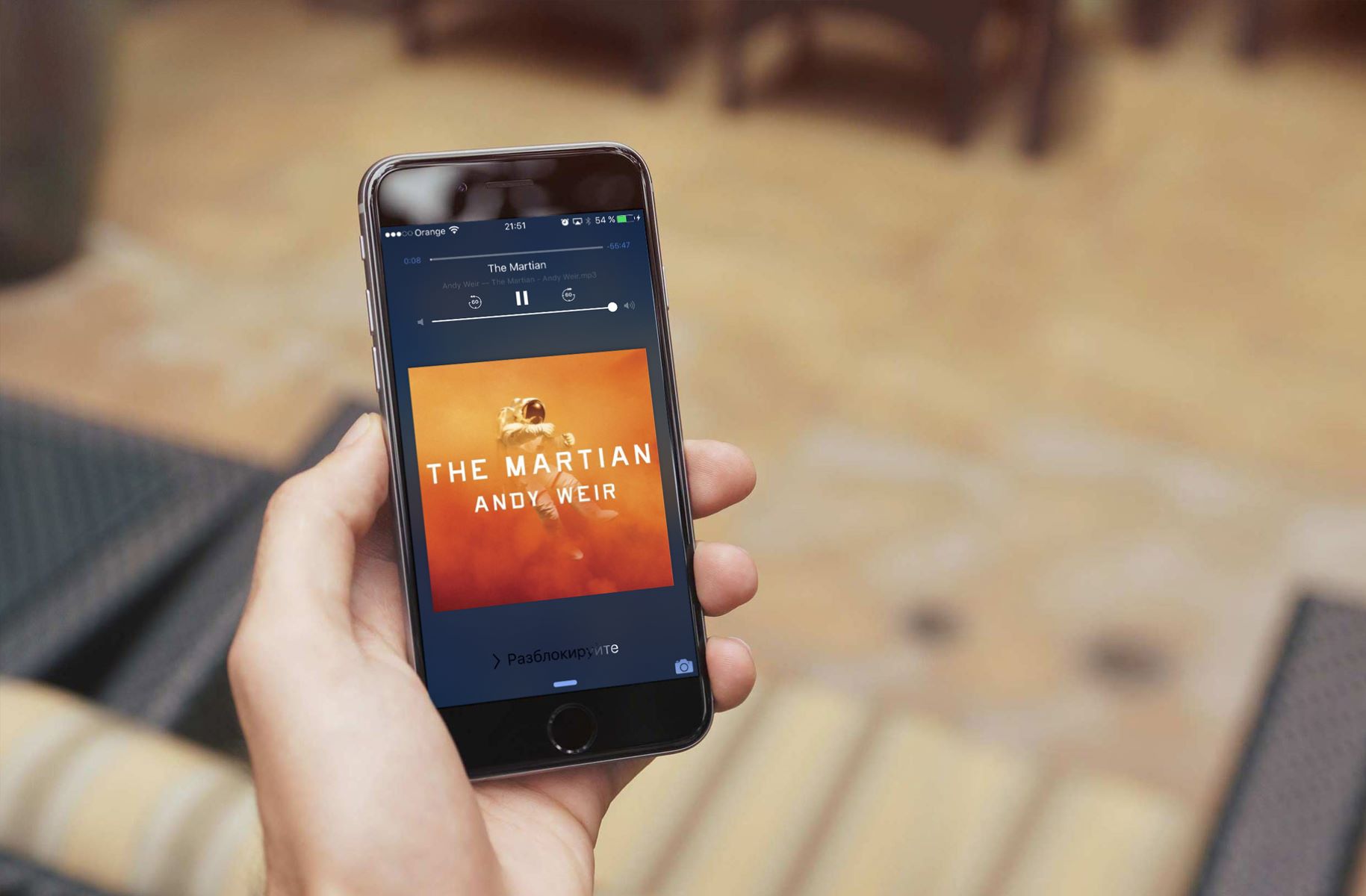Home>Production & Technology>Audiobook>What Is Audiobook


Audiobook
What Is Audiobook
Modified: January 22, 2024
Discover the world of audiobooks and enhance your reading experience. Learn what audiobooks are and how they can transform the way you enjoy books.
(Many of the links in this article redirect to a specific reviewed product. Your purchase of these products through affiliate links helps to generate commission for AudioLover.com, at no extra cost. Learn more)
Table of Contents
Introduction
Welcome to the world of audiobooks! In this fast-paced digital age, audiobooks have become increasingly popular as a convenient and versatile way to enjoy literature and storytelling. Whether you’re a book lover, a multitasker, or simply looking for a new form of entertainment, audiobooks offer a unique and immersive literary experience.
An audiobook, as the name implies, is a narration of a book or other literary work that is recorded and made available in audio format. Instead of reading the text on a page, listeners can now hear a professional narrator bring the story to life through their voice and performance. With the rise of digital platforms and advancements in technology, audiobooks have become more accessible and widely consumed than ever before.
In this article, we will delve into the fascinating world of audiobooks, exploring their history, benefits, genres, production process, and the various platforms and services that offer them. Whether you’re new to audiobooks or a seasoned listener, this article aims to provide you with a comprehensive understanding of the audiobook landscape.
So sit back, relax, and let’s embark on a journey through the captivating realm of audiobooks!
Definition of Audiobook
An audiobook is a recorded version of a printed book or other literary work that is narrated and produced in audio format for listeners to enjoy. It allows people to experience the content of a book through spoken words, making it accessible to those who prefer or require auditory learning or entertainment.
The production of an audiobook involves a professional narrator or a voice actor who brings the written words to life through their vocal performance. The narrator uses intonation, pace, and inflection to convey emotions, characters, and the overall essence of the story. Additionally, sound effects and background music may be added to enhance the listening experience.
Audiobooks can be created for various types of literature, including novels, non-fiction books, poetry, and even textbooks. They are available in different formats, such as CDs, downloadable files, or streaming services, allowing listeners to choose their preferred method of accessing and enjoying the content.
One of the defining features of an audiobook is its portability and convenience. Unlike traditional books, audiobooks can be easily listened to on-the-go, whether during a commute, while exercising, or while doing household chores. They offer a hands-free listening experience, allowing listeners to multitask or simply relax as they immerse themselves in the story.
It’s important to note that audiobooks are not limited to just text-to-speech conversions. They involve professional narrators who add a unique artistic element to the storytelling process. The skill and talent of the narrator can greatly enhance the listening experience and create a more engaging and captivating narrative.
In the next sections, we’ll dive deeper into the fascinating history of audiobooks, the numerous benefits they offer, and the different genres available for listeners to explore.
History of Audiobooks
The history of audiobooks dates back to the 1930s when the first recorded books for the blind were created. The American Foundation for the Blind pioneered the production of “talking books” to enable visually impaired individuals to access literature. These early audiobooks were typically recorded on vinyl records and played on specially designed playback devices.
Over the years, advancements in technology significantly impacted the evolution of audiobooks. In the 1970s, cassette tapes became the preferred medium for audiobook recordings, offering a more compact and portable format. The widespread availability of cassette players and the convenience they offered contributed to the rising popularity of audiobooks.
With the advent of the internet and digital technologies in the 1990s, audiobooks underwent a revolution. The emergence of CDs and MP3 files made it easier than ever to produce and distribute audiobooks. Publishers and online retailers began offering digital downloads, allowing listeners to access their favorite books with just a few clicks.
In recent years, streaming services and mobile applications dedicated to audiobooks have gained significant traction. Platforms like Audible and Librivox offer extensive libraries of audiobooks that can be instantly streamed or downloaded onto smartphones, making it incredibly convenient for users to listen to their favorite titles whenever and wherever they want.
As the demand for audiobooks continues to grow, publishers have also started to invest in producing high-quality recordings with professional narrators and even celebrity voice actors. The performance aspect of audiobooks has become an art form in itself, with narrators using their voices to create distinct characters and bring the story to life.
Today, the audiobook industry is booming, with millions of titles available in a wide range of genres. It has become a preferred medium for many book enthusiasts, offering a unique and immersive experience that complements traditional reading.
In the following sections, we will explore the numerous benefits of audiobooks, the popular genres that listeners can explore, and the process involved in producing these captivating audio experiences.
Benefits of Audiobooks
Audiobooks offer a multitude of benefits that make them a popular choice for both avid readers and those new to the world of literature. Here are some of the key advantages of audiobooks:
- Convenience and Portability: Audiobooks allow you to listen to your favorite books while on the go. Whether you’re commuting, exercising, or doing household chores, you can easily enjoy a great story without the need to carry around a physical book.
- Multi-Tasking: Audiobooks offer a hands-free listening experience, enabling you to multitask while enjoying a book. You can listen while cooking, running errands, or even while working, making it a convenient choice for busy individuals.
- Accessibility: Audiobooks provide an accessible format for people with visual impairments or conditions that make reading difficult. By listening to the narration, individuals with visual challenges can still experience the joy of literature.
- Enhanced Storytelling: Skilled narrators bring stories to life by using different voices, accents, and tones for various characters. They add depth and emotion to the storytelling, creating a more immersive and engaging experience than reading the text on a page.
- Improvement in Pronunciation and Language Skills: Audiobooks can aid in improving pronunciation and language skills. Listening to professional narrators can help develop a better understanding of proper intonation, pacing, and pronunciation of words in a specific language.
- Expanding Genre Exploration: Audiobooks enable you to explore different genres and authors that you may not have considered before. You can delve into classics, non-fiction, self-help, fantasy, or any other genre that piques your interest.
- Imagination and Emotional Connection: With audiobooks, you can let your imagination roam free as you picture the scenes and characters in your mind. The power of voice and sound effects can create a profound emotional connection to the story and its characters.
These benefits have contributed to the widespread popularity of audiobooks and have attracted a diverse audience of listeners. Whether you’re a book lover, a lifelong learner, or simply looking for entertainment on the go, audiobooks have something to offer everyone.
Next, let’s explore the various genres that audiobooks encompass, providing a wide array of choices for listeners.
Popular Audiobook Genres
Audiobooks cover a wide range of genres, ensuring that there’s something for everyone’s taste. Whether you’re into thrilling mysteries, heartwarming romances, thought-provoking non-fiction, or epic fantasy adventures, audiobooks have got you covered. Here are some popular audiobook genres:
- Mystery and Thriller: If you enjoy suspense and twists, the mystery and thriller genre offers gripping narratives that will keep you on the edge of your seat. From psychological thrillers to detective stories, the intense atmosphere and intriguing plots are enhanced by the narrators’ performance.
- Romance: Romance audiobooks are perfect for those seeking heartwarming and passionate stories of love. The emotional depth and chemistry between characters are brought to life through narration, making each moment feel even more tender and captivating.
- Fantasy and Science Fiction: Immerse yourself in enchanting worlds and epic adventures with fantasy and science fiction audiobooks. From fantastical kingdoms to intergalactic journeys, the intricate world-building and imaginative storytelling will transport you to another realm.
- Historical Fiction: Historical fiction audiobooks combine elements of real history with fictional stories. By listening to these tales, you can gain insights into different time periods while being swept away by intriguing characters and captivating plotlines.
- Biography and Memoir: Dive into the lives of fascinating individuals through biography and memoir audiobooks. Hearing the author’s or subject’s own voice recount their experiences and personal stories adds an intimate and authentic touch to the narrative.
- Self-Help and Personal Development: Audiobooks in the self-help genre offer guidance and inspiration for personal growth and improvement. Listening to experts and authors share their valuable insights and advice can be a powerful motivator for positive change.
- Classic Literature: Experience the timeless beauty of classic literature through well-crafted narrations. Audiobooks bring the works of renowned authors like Jane Austen, Charles Dickens, and William Shakespeare to life, allowing you to fully appreciate the richness of their storytelling.
These are just a few examples of the many genres available in audiobook format. Whether you prefer fiction or non-fiction, contemporary or classic, there’s an audiobook waiting to capture your imagination and transport you to new worlds.
Next, let’s explore how audiobooks are produced and the intricate process involved in bringing these literary works to life.
How Audiobooks are Produced
Producing an audiobook involves a series of steps and a collaborative effort to create a professional and captivating listening experience. Here’s an overview of the process:
- Planning and Pre-production: The first step is selecting a book to be transformed into an audiobook. Publishers or authors collaborate with audiobook production companies or narrators to determine which books would be suitable for audio adaptation. Once the book is chosen, the narrator and production team begin studying the text, identifying characters, and planning the narration approach.
- Script Preparation: The narrator works with a script that may include character descriptions, voice notes, and pronunciation guidelines. They familiarize themselves with the story, characters, and any specific accents or dialects required for a faithful and engaging performance.
- Recording: The recording process takes place in a professional studio equipped with high-quality microphones and soundproofing. The narrator reads the script aloud, bringing the written words to life. During the recording, the audio engineer monitors sound quality, adjusts levels, and makes any necessary edits or retakes to ensure a seamless final product.
- Editing and Post-production: After the recording is complete, the audio undergoes post-production. This includes editing the narration, removing any errors or background noise, and adding sound effects or music if required. The goal is to create a polished and immersive listening experience.
- Quality Assurance: The edited audio is carefully reviewed and checked for any remaining errors or imperfections. This quality assurance process ensures that the final audiobook meets the highest standards of audio quality and accuracy.
- Distribution and Publishing: Once the audiobook is finalized, it is distributed via various platforms and services. It may be made available as physical copies, downloadable files, or through streaming services, allowing listeners to access the audiobook through their preferred method.
The process of producing an audiobook requires collaboration between authors, publishers, narrators, audio engineers, and other professionals. Their combined efforts strive to create a seamless and captivating narration that enhances the listener’s experience and brings the story to life.
Now that we have explored how audiobooks are produced, let’s examine the differences between audiobooks and eBooks, two popular digital formats for reading and listening to literature.
Differences between Audiobooks and eBooks
Audiobooks and eBooks are both digital formats that provide alternative ways of accessing and consuming literature. While they share similarities, there are distinct differences between the two formats. Let’s explore their contrasting features:
Audiobooks:
- Listening Experience: Audiobooks offer an auditory experience, allowing listeners to enjoy books through spoken words. Professional narrators bring the story to life through their performances, enhancing the emotional connection to the content.
- Multi-Tasking: With audiobooks, listeners can engage in other activities while enjoying a book. They can listen during commutes, workouts, or while doing household chores, making it a convenient option for those with busy lifestyles.
- Emphasis on Voice Acting: Skilled narrators use their voices to differentiate characters, employ various accents, and convey emotions, adding depth and nuance to the storytelling.
- Accessibility: Audiobooks are accessible to individuals with visual impairments or those who find reading challenging. They provide an auditory medium for experiencing literature, allowing everyone to enjoy books.
eBooks:
- Reading Experience: eBooks provide a visual reading experience, allowing readers to see the text on a screen or e-reader. Readers can control the reading pace and utilize features like adjustable font size, highlighting, and note-taking.
- Portability and Convenience: eBooks can be stored on a device, such as a smartphone or e-reader, enabling readers to carry an entire library with them wherever they go. They are lightweight, compact, and can be accessed offline.
- Customization: eBook readers have the option to customize the reading experience to suit their preferences. They can adjust font styles, sizes, and format settings, making reading more comfortable for individuals with specific needs.
- Visual Elements: Some eBooks may include visual elements such as images, charts, or graphs that enhance the reading experience and provide additional context or information.
Both audiobooks and eBooks offer unique benefits and cater to different preferences. Audiobooks provide a hands-free and immersive listening experience, while eBooks offer customizable reading experiences that can be accessed across various devices.
Now that we have explored the differences between audiobooks and eBooks, let’s move on to discussing the various platforms and services that offer audiobooks for listeners to enjoy.
Audiobook Platforms and Services
The digital age has brought about a multitude of platforms and services dedicated to providing audiobooks to listeners. These platforms offer extensive libraries, user-friendly interfaces, and convenient access to a wide range of titles. Let’s explore some popular audiobook platforms and services:
- Audible: Audible, an Amazon-owned platform, is one of the largest and most well-known audiobook services. It offers a vast collection of audiobooks across several genres, including bestsellers, classics, and exclusive content. Audible allows users to purchase audiobooks individually or subscribe to a monthly membership for access to a certain number of titles.
- Librivox: Librivox is a unique platform that offers free audiobooks in the public domain. Run by volunteers, Librivox provides a wide selection of literary classics, allowing listeners to enjoy great literature without any cost.
- Google Play Books: Google Play Books is a digital marketplace that offers both eBooks and audiobooks. Users can purchase audiobooks or access a variety of free public domain titles. The platform syncs across devices, allowing for seamless reading and listening experiences.
- Libby: Libby is an app developed by OverDrive, a digital content distribution platform. It allows users to borrow audiobooks from their local libraries and listen to them on their preferred devices. Libby offers a convenient way to access audiobooks for free using a library card.
- Scribd: Scribd is a subscription-based platform that offers access to a wide range of digital content, including audiobooks, eBooks, magazines, and more. Users pay a monthly fee for unlimited access to the platform’s extensive library.
- Apple Books: Apple Books is Apple’s digital bookstore, offering a wide selection of eBooks and audiobooks. The platform allows users to purchase and download audiobooks directly to their Apple devices.
These are just a few examples of the many audiobook platforms and services available. Each platform may have its unique features, pricing models, and library sizes, so it’s worth exploring different options to find the one that best suits your preferences and reading/listening habits.
Now that we know where to find audiobooks, let’s explore how to listen to them on various devices and platforms.
How to Listen to Audiobooks
Listening to audiobooks is a breeze with the multitude of devices and platforms available. Here are some common methods for enjoying your favorite audiobooks:
1. Smartphone or Tablet:
Most audiobook platforms offer apps that you can download onto your smartphone or tablet. Simply search for your preferred platform in the app store (such as Audible, Libby, or Google Play Books), install the app, create an account, and start browsing the audiobook library. You can then stream or download the audiobooks directly to your device and listen using headphones or speakers.
2. Dedicated Audiobook Devices:
There are devices specifically designed for listening to audiobooks, such as dedicated e-readers or portable audiobook players. These devices often have built-in storage and audio features optimized for audiobook playback. Simply transfer the audiobook files onto the device and enjoy listening on the go.
3. Smart Speakers and Voice Assistants:
If you have a smart speaker or voice assistant device like Amazon Echo (Alexa), Google Home, or Apple HomePod, you can simply ask the device to play your desired audiobook. Link your preferred audiobook platform account to the device and enjoy hands-free listening throughout your home.
4. In-Car Entertainment Systems:
Many modern cars are equipped with entertainment systems that allow you to connect your smartphone or other devices via Bluetooth or auxiliary cable. You can listen to audiobooks on your commute or road trips by connecting your device to the car’s audio system and playing the audiobooks through the car speakers.
5. Desktop or Laptop Computers:
If you prefer listening to audiobooks while working or using your computer, you can access the audiobook platforms’ websites or downloadable desktop applications. Simply log in to your account, browse the library, and stream or download the audiobooks directly to your computer.
It’s important to note that different audiobook platforms may have specific instructions for accessing and downloading audiobooks on different devices. Therefore, it’s advisable to consult the platform’s official documentation or support resources for detailed instructions tailored to your specific device.
Now that you know how to listen to audiobooks, let’s conclude our exploration of the world of audiobooks.
Conclusion
Audiobooks have become an increasingly popular medium for enjoying literature and storytelling. They offer a convenient and immersive experience, allowing listeners to enjoy their favorite books in a whole new way. Whether you’re a book lover, a multitasker, or someone with visual impairments, audiobooks provide a unique avenue for accessing and experiencing literature.
In this article, we explored the definition of audiobooks and their fascinating history, from the early days of vinyl records to the digital revolution. We discussed the numerous benefits of audiobooks, including their convenience, accessibility, and the skillful performances of narrators. We also delved into popular audiobook genres, ranging from mysteries and romances to fantasy and biographies.
Furthermore, we explored the process of how audiobooks are produced, highlighting the collaborative efforts between narrators, audio engineers, and production teams. We also compared audiobooks to eBooks, discussing their respective features and advantages.
To make the most of audiobooks, we covered the various platforms and services available, such as Audible, Librivox, and Google Play Books. These platforms offer extensive libraries and user-friendly interfaces, allowing listeners to access a diverse range of titles.
Finally, we discussed the different ways to listen to audiobooks, whether through smartphones, dedicated devices, smart speakers, or in-car entertainment systems. Each method provides a unique way to enjoy audiobooks, catering to different preferences and lifestyles.
In conclusion, audiobooks have revolutionized the way we consume literature, offering a convenient, versatile, and enjoyable alternative to traditional reading. Whether you are on the go, engaged in other activities, or simply want a new way to experience books, audiobooks provide an immersive and enriching experience for all. So sit back, relax, and let your imagination soar as you embark on your next audiobook journey.

